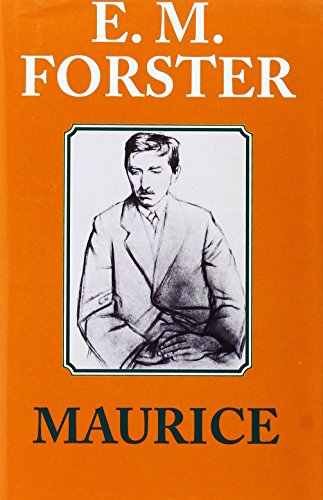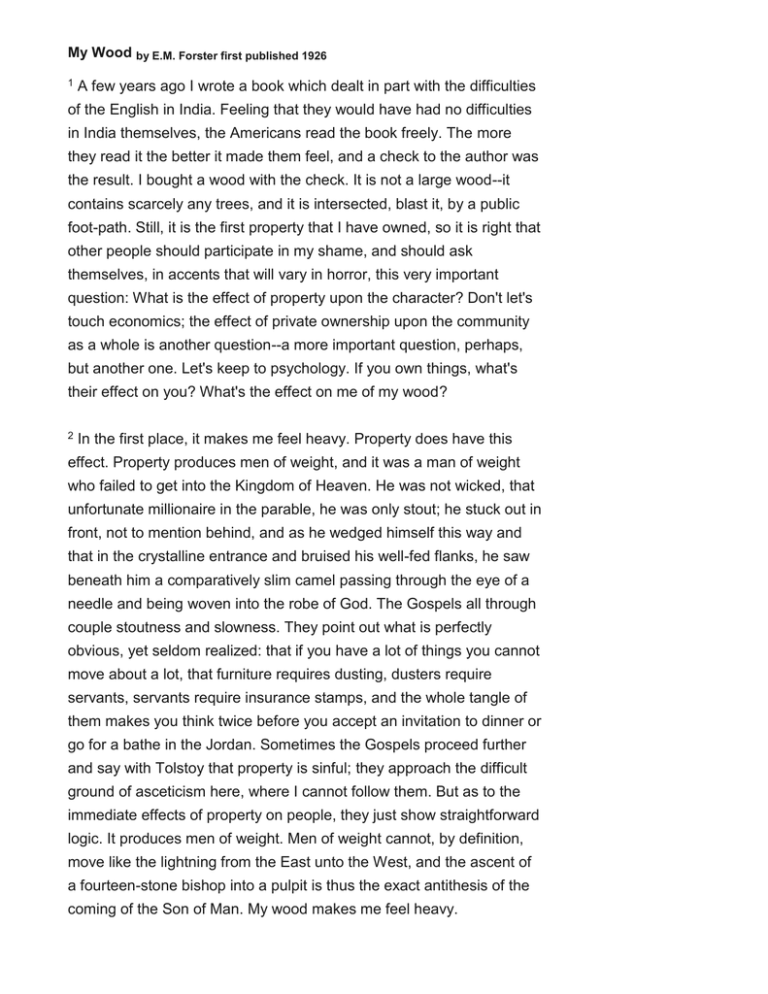
Forster’s penultimate work of fiction can certainly seem quaint to 21st century tastes (“a classy old frame,” Zadie Smith called it, in reference to her own novel On Beauty, which is partly an homage to Howards End). It is, formally speaking, a traditional novel with a wise, omniscient narrator and a solid beginning, middle, and end. The contemporary novelist who can offer a literary reckoning of these disparate points of view has yet to step forward, but as charming a book about class warfare as one could rightly hope for was published by an Englishman in 1910, and the ideological arguments of its characters hold up an uncanny mirror to the American now.Īt the end of the twentieth century, Howards End rated a respectable 38 on the Modern Library’s Hundred Best English Language Novels (a hierarchy compromised by its astounding white maleness, but which nevertheless represents what we until recently regarded as the best). Perhaps you have heard that we live in a divided nation, in which red and blue states represent not only political differences but discordant realities. Woolf concedes, however, that this is ultimately not very helpful when it comes to formulating rules: "So then we are back in the old bog nobody knows anything about the laws of fiction".The Bloomsbury group of young progressive English writers and artists served as inspiration for the characters of Howards End. fiction), he merely acts as a casual friend who happens to have been admitted into the bedroom.

According to Woolf, Forster, unlike other male critics, never exercises stern authority to save the lady (i.e.

Forster." Virginia Woolf, reviewing Aspects of the Novel in Nation and Athenaeum, on the other hand, praised some aspects of the book. Somerset Maugham commented that, having read the book, "I learned that the only way to write novels was like Mr. Some critics have taken issue with the fact that Forster, as a renowned novelist, formulated a normative theory of how to write prose. By using examples from classic texts, he highlights what he sees as the seven universal aspects of the novel: story, characters, plot, fantasy, prophecy, pattern, and rhythm.


Forster at Trinity College, Cambridge, in 1927, in which he discussed the English language novel. Aspects of the Novel is a book compiled from a series of lectures delivered by E.


 0 kommentar(er)
0 kommentar(er)
